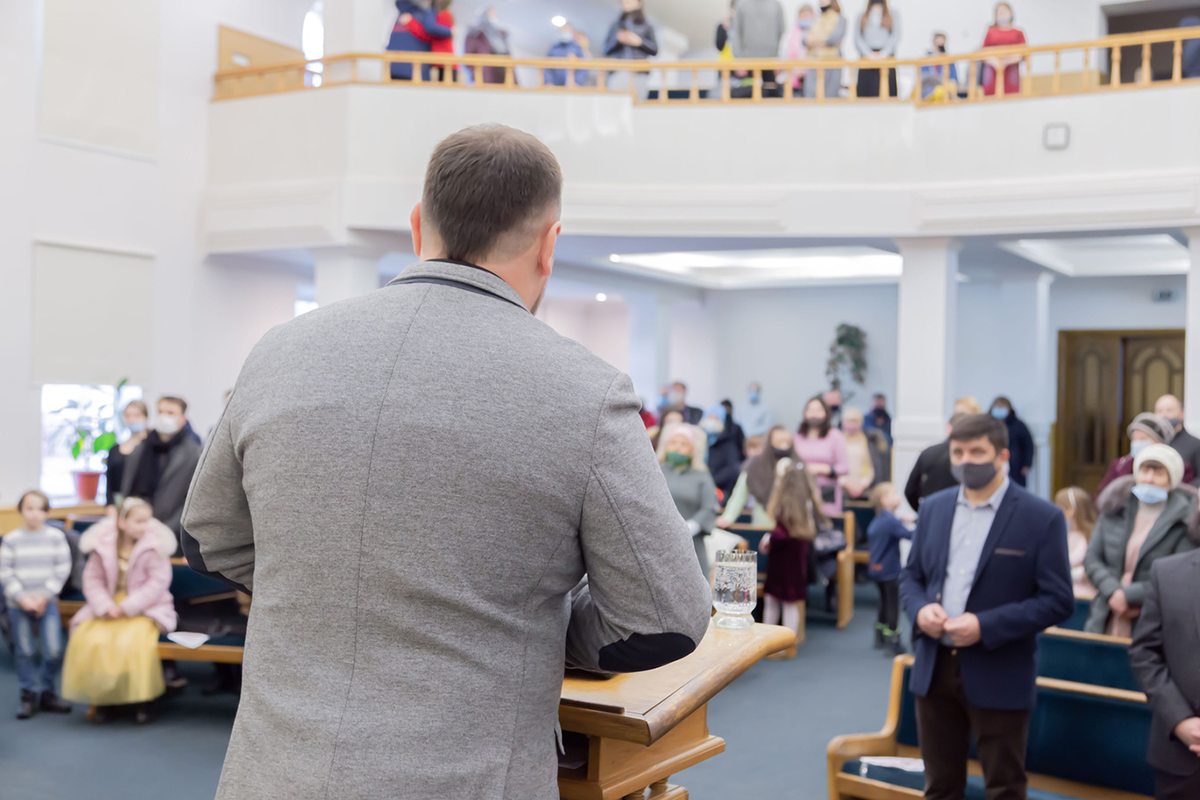The Role of Faith in Times of Crisis: American Attitudes Toward Religion During the Pandemic

In times of crisis and uncertainty, it’s not uncommon for people to reach for sources of comfort, security, and support. According to a recent Pew Research Center survey, for many people in countries hit particularly hard by the COVID-19 pandemic – including Spain, Italy, the UK, and the US. – this included strengthening ties with family and social networks. Americans, however, were the highest of all countries participating in the survey to report a deepened relationship with their faith.
What the Research Shows About Faith in America During a Crisis
Nearly 28 percent of Americans report stronger personal faith as a direct result of the pandemic, and the same share thinks the religious faith of Americans as a whole has strengthened. For the other countries surveyed, these shares were much smaller. For example, just 10 percent of British adults report that their own faith is stronger as a result of the pandemic, and 14 percent think the faith of Britons overall has increased due to COVID-19. In Japan, only 5 percent of people say religion now plays a stronger role in both their own lives and the lives of their fellow citizens.
These numbers increase further when we break down demographics. In the U.S., faith was strengthened particularly amongst white evangelicals. About half of white evangelicals said that their faith had become stronger due to the coronavirus outbreak and 43 percent of those said that the faith of Americans has grown as a whole. The Pew Research Center acknowledges not having enough black evangelicals involved in the study to give an accurate subgroup.
Low-income Americans were also more likely to report that their faith was strengthened during the coronavirus pandemic than their wealthier counterparts, as were people with less formal education. The research shows that people with less material security turned to religion to ground them.
The Will to Make Sense of the Uncertain
This Pew Research Study was conducted by phone from June 10 until August 3, 2020, when every country involved in this survey was under a lockdown or stay-at-home order. The time period is significant because the summer of 2020 is when the pandemic was at its most uncertain. Would people stay home and slow the curve? Would the inevitable weather change in the fall mean higher rates of death and sickness? We, unfortunately, lacked such foresight at the time. Thus, it comes as no surprise that people would turn deeper to their faith to search for answers.
Another Pew survey asked a very different set of questions: “do you believe there is a lesson or a set of lessons for humankind to learn from the coronavirus outbreak? And if so, do you think these lessons were sent by God, or not?” A large majority of U.S. adults (86%) say there is some kind of lesson or set of lessons for humankind to learn from the pandemic, and about a third of Americans (35%) say the lessons were sent by God.
Collections of the answers include everything from biblical prophecy to the need for universal healthcare. A pattern did arise in that Americans who say God is using the pandemic to send a lesson to humanity were likely to cite a religious lesson, while those who don’t think the lessons of the pandemic were sent by God mention a variety of topics – though rarely ever religious ones.
Many individuals turn to their faith for answers in times of uncertainty and hardship. The COVID-19 pandemic created a deep need for spiritual guidance in many Americans as they faced devastating loss. Our MA in Chaplaincy program trains religious leaders who see working as a chaplain as the practice of spiritual care and prepares them to handle the current challenges that people face.
Tags: faith in times of crisis
